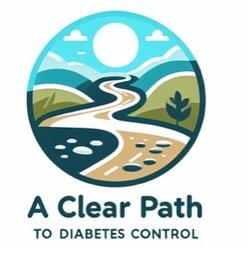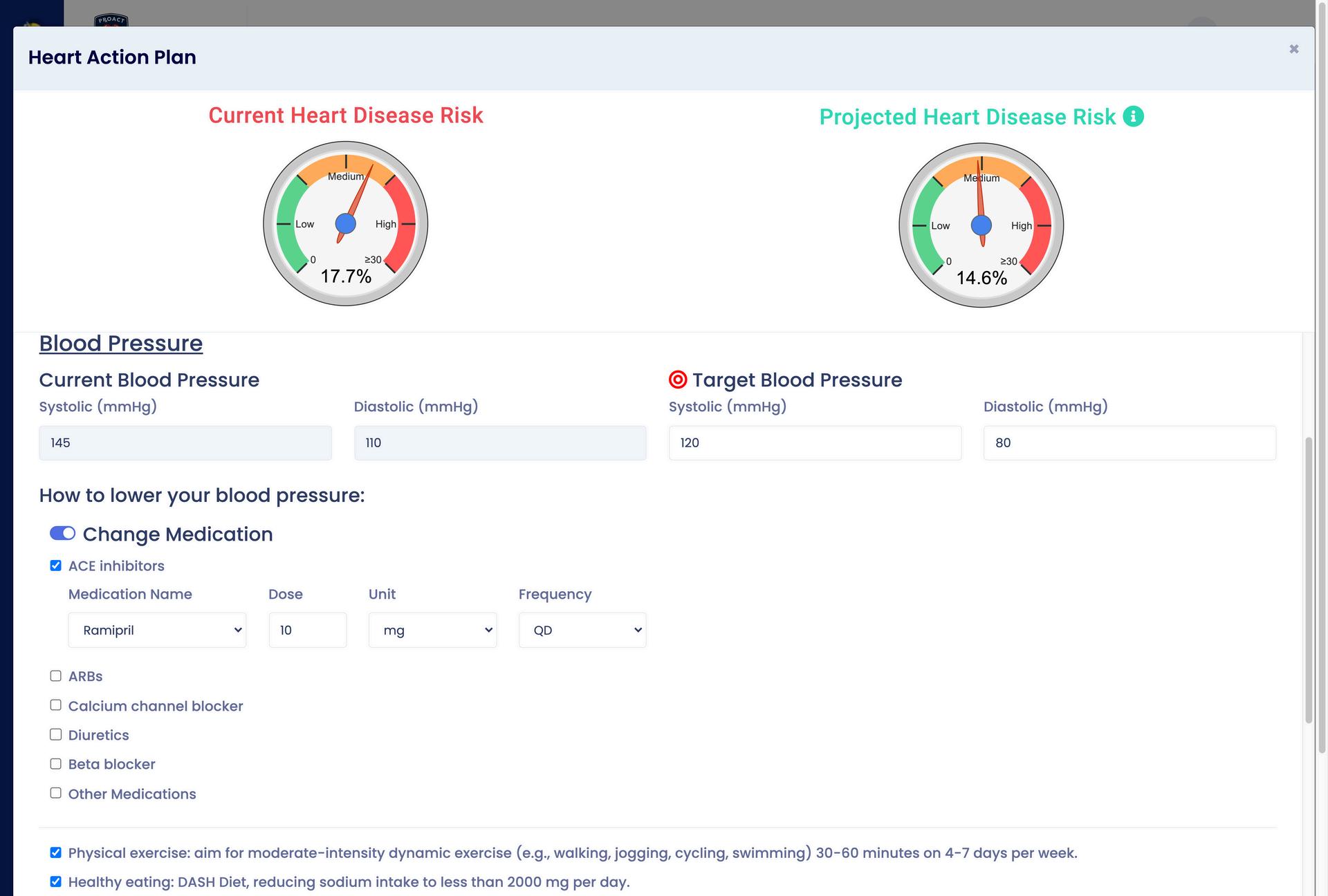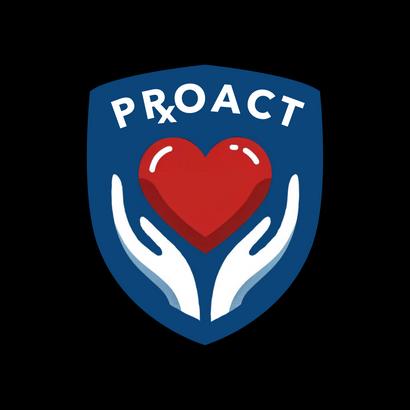






May Measurement Month (MMM) is a global initiative to raise awareness about high blood pressure the leading preventable risk factor for heart disease, stroke, and kidney failure. In Canada, nearly 1 in 5 adults has undiagnosed or uncontrolled hypertension MMM provides an opportunity to improve detection through community-based screening Alberta pharmacists are wellpositioned to contribute, given their frequent contact with patients, prescribing authority, and expertise in chronic disease management.
Moreover, May Measurement Month offers a powerful platform for pharmacy teams to demonstrate leadership in chronic disease prevention. Participation can enhance community trust, strengthen interprofessional collaboration, and raise awareness of the vital role pharmacists play in primary care


Participating in May Measurement Month aligns with broader provincial and national efforts to improve cardiovascular health and reduce preventable hospitalizations
Alberta’s hypertension rates remain concerning, particularly among older adults, rural populations, and underserved groups. By taking part in MMM, pharmacists can directly address health inequities by bringing accessible blood pressure screening into pharmacies often the first and only point of care for many individuals
Such efforts can also uncover new cases of hypertension early, allowing for timely referral or management within the pharmacy
Do you have positive results from May Measurement Month to share with fellow colleagues in the RxCELLENCE Community?
Reach out to us at rxexcell@ualberta.cawe’d love to hear from you!


Pharmacists in Alberta are essential in delivering culturally sensitive healthcare by creating safe environments, engaging in continuous cultural competency education, and integrating traditional Indigenous practices into patient care.
During National Indigenous History Month, pharmacists across Alberta play a vital role in advancing culturally sensitive healthcare for First Nations, Inuit, and Métis communities The Alberta College of Pharmacy's updated Standards of Practice for Pharmacists and Pharmacy Technicians emphasize the importance of creating culturally safe environments, recognizing the influence of a patient's culture on their health needs, and taking appropriate action against discriminatory behaviors These standards encourage pharmacists to view patients holistically, considering their beliefs, values, and preferences to provide person-centered care.
By integrating cultural awareness into their practice, pharmacists can build trust and improve health outcomes for Indigenous patients.
Pharmacists can also get involved by engaging in continuous learning about cultural safety and humility Resources such as cultural competency courses are available to help pharmacists understand the historical and ongoing impacts of colonization on Indigenous health. By committing to this ongoing education, pharmacists can better support Indigenous patients, acknowledging traditional healing practices and addressing systemic barriers to care. This commitment not only enhances the quality of care but also contributes to the broader goal of reconciliation within the healthcare system.
For more information on how pharmacists can engage in National Indigenous History Month this June, click here


Do you find managing diabetes patients overwhelming? Is it difficult to implement the Diabetes Canada guidelines into your practice? We have the tool for you!
The D-PATH study, designed by a practising community pharmacist in Alberta, is aimed to determine if a community pharmacist-led program can help improve diabetes control and reduce the risk of diabetes-related complications in patients with type 2 diabetes who are not at their A1C target We have developed a web-based computer algorithm that guides the pharmacist through the Diabetes Canada guidelines to provide comprehensive diabetes management and screening for diabetes-related complications To use the algorithm, you simply click through the steps and recommendations are provided to you. It is very simple to use, streamlines your clinical assessment of diabetes patients, and creates all required clinical documentation.

Your pharmacy will be compensated for enrolling participants in this study; this is especially helpful with the reduction in remuneration for pharmacy clinical services In addition, the tool will automatically generate your documentation to support an initial CACP or Diabetes SMMA and follow-up visits
28% of Albertans live with diabetes or pre-diabetes
8% live with diagnosed diabetes
Diabetes can reduce lifespan by 5 to 15 years
Participate in a short 1-hour virtual training session
Identify patients in your pharmacy with type 2 diabetes who have not reached their A1C target: an excellent task for pharmacy students!
Obtain patient consent to participate in the study.
Complete a baseline assessment and scheduled follow-ups with the patient
Follow the algorithm; patients will be randomized to the intervention or control groups.

The study will last 12 months; participants are enrolled for 6 months only
Virtual training session with pharmacist: 1 hour.
Baseline participant visit: 45 minutes
Participant follow-up visits: 10-20 minutes each (intervention group: 4 follow-ups, control group: 2 follow-ups
Limited time needed for study documentation; algorithm produces its own documentation
The satisfaction of helping your patients who are living with T2DM using a simple to use and comprehensive guideline-based tool.
Compensation for your patient care Pharmacies will be offered an honorarium of $150 per intervention participant and $50 per control participant when that participant completes the 6-month study
The algorithm automatically generates your documentation for an initial CACP or Diabetes SMMA and follow-up visits
1.Do I need to be a Certified Diabetes Educator?
a No, you do not need to be a CDE to participate in this study You are required to have your additional prescribing authorization and your PRAC-ID to order laboratory investigations
2.Do all pharmacists at a participating site need to be involved?
a No, this is not required However, we do encourage at least 2 pharmacists to participate in the study.
3 How many patients do I have to recruit?
a.We are hopeful that each participating site will recruit 20 participants.
4 What supports are available to me during the study?
a.The study coordinator and the primary investigator are available to support pharmacy sites throughout the study via phone, text, or email
For further information or to join the study, please contact Lorena Holtz (study coordinator) at lorena.holtz@ucalgary.ca or Dr. Stephanie Gysel (principal investigator) at sgysel@ualberta ca
Thank you for your consideration to be a part of this pharmacist-led diabetes care initiative!

Do you want to be involved in shaping the future of your profession? This is an opportunity to help your patients lower their risk of cardiovascular disease and to generate evidence of the impact your work has on patient outcomes x
Why:
Cardiovascular disease (CVD) is still a leading cause of death in Canada, yet risk factors for CVD have been known for decades.
Pharmacists are well-positioned to help patients lower their CV risk, but have requested support to do so We need further evidence to show the impact your care has on patient outcomes
What does the Care Pathway look like?
We’vetakenthelatestCVDriskguidelinesand evidenceandbuiltanonlinealgorithmto provideyouwith: Individualizedpatientassessment, treatment,andeducation recommendations Automateddocumentationofcare Reimbursementisprovidedforyourtime We’vecalledthisalgorithmthe PRxOACTCarePathway.
Who can get involved?
Pharmacists with their APA
Your pharmacy does not have to have a primary care clinic to be involved in the PRxOACT Initiative

If you are interested in joining please contact: yazid.alhamarneh@ualberta.ca or shania.liu@ualberta.ca




A message (editorial) from Canadian Pharmacists Journal's Editorial Advisory Board:
The Canadian Pharmacists Journal-Revue des pharmaciens du Canada (CPJ-RPC) is the voice for advancing pharmacy practice in Canada (and, the world). But these are unprecedented times for CPJ-RPC, and the journal is facing an uncertain future.
Can you imagine a world without CPJ-RPC? If not, then we need your help. Your responses to this 3-question survey will help us to focus our efforts to save the journal.
Thank you for your support.
Imagine a world without CPJ-RPC
Take the survey
We hope this editorial, published in the May/June issue of CPJ-RPC, will stimulate discussion on the direction of the journal, and we welcome your input. See the rest of the editorial.

Have you noticed something interesting, or had a question come up in practice and thought that would make a great research question? Are you currently recruiting participants for an ongoing study?
We are always looking for ways that we can help YOU turn your questions into research studies or provide you with assistance with your ongoing endeavors. Please email us at rxexcell@ualberta.ca with any ideas or requests, and we’ll work with you to make it a reality!
www.epicore.ualberta.ca/home/rxcellence
rxexcell@ualberta.ca
